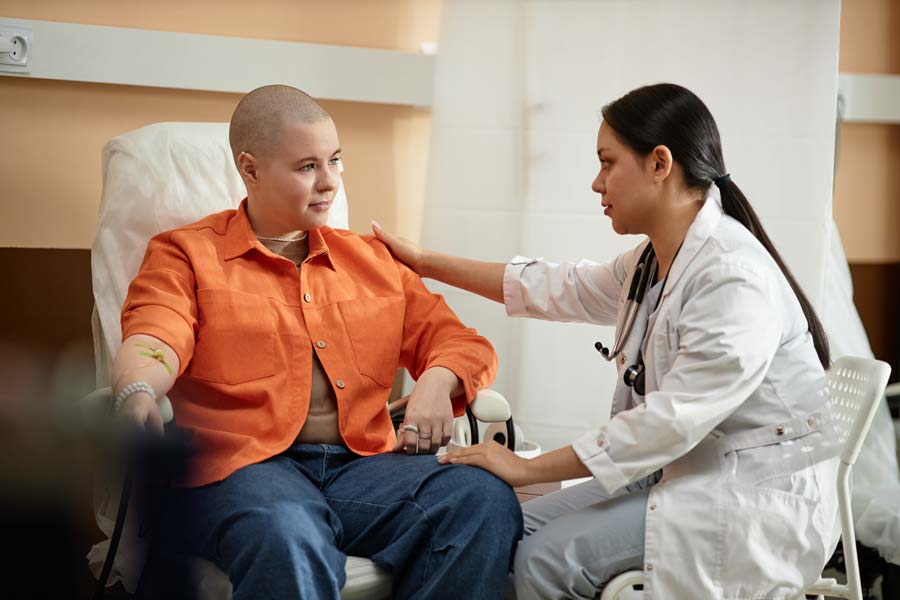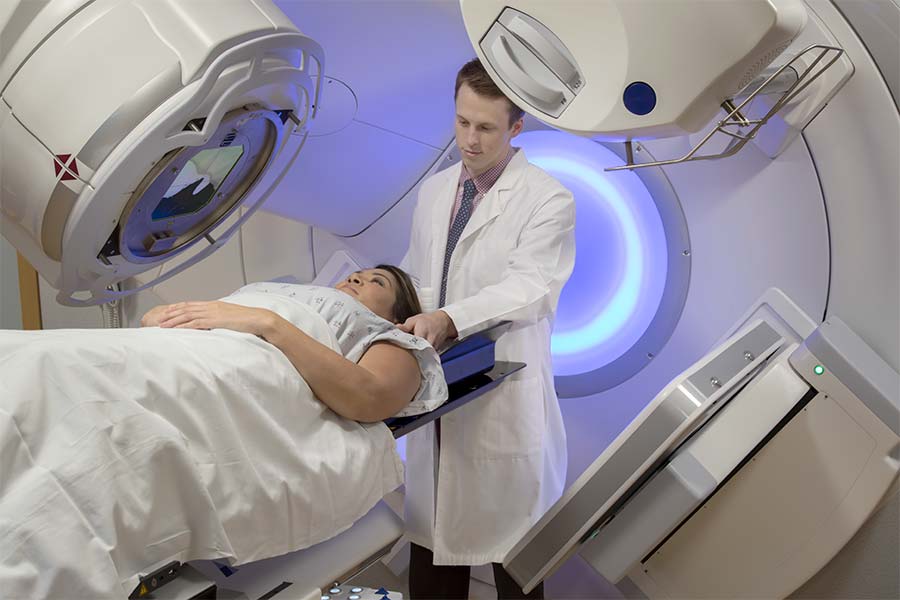Find clinical trials using the search tool below:
Feedback
Your feedback is important to us.
Our aim
In consultation with your cancer specialist, Australian Cancer Trials aims to assist you to make decisions about your cancer care options, including clinical trials.
This website will be instantly updated with new information from the Australian New Zealand Clinical Trials Registry and the American clinical trials registry ClinicalTrials.gov.

About this website
What is this website for?
This website provides information that displays the latest clinical trials in cancer care, including trials that are currently recruiting new participants. We welcome any feedback you may have.
Who is this website for?
This website is for anyone affected by cancer, including those who have cancer, and their friends and family. Cancer specialists will also find this an invaluable resource to use with their patients.
On this website you can
Search a national database of cancer clinical trials
Learn about types of cancer treatment and supportive care
Find out what cancer clinical trials are currently available in Australia
Have trial information explained
See if there might be a trial relevant to you
Get answers to the most common questions about clinical trials.
About Clinical Trials



